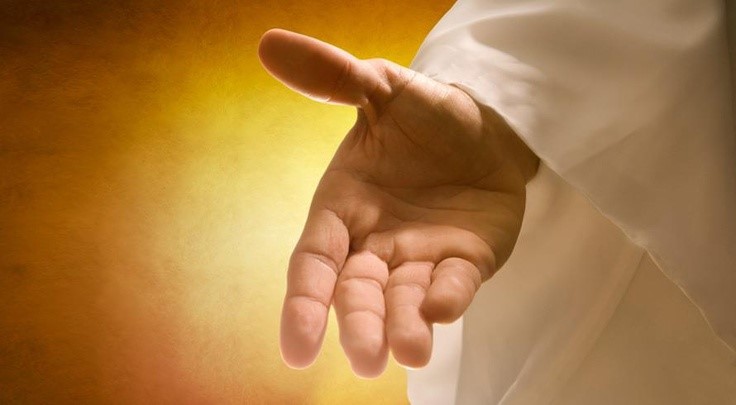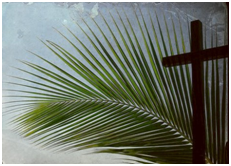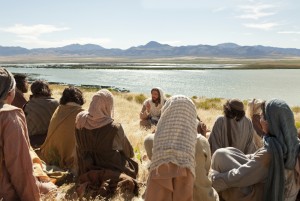
Blog

“I will… bring you up from your graves, O my people. I will put my spirit within you, and you shall live…”
Outside my window, birds
are singing and tulips are poking through a small patch of warmed soil in my
flowerbed. How can nature seem so predictably normal, while in our human
reality nothing feels normal or solid? It’s been said that humanity’s true
character is often exposed when confronted with great upheaval and uncertainty.

Every year, the
church designates the week of Jan. 18-25 as the “Week of Prayer for Christian Unity.” Coming so soon after the busy
Christmas season, it rarely merits more than a mention in our General
Intersessions. Last week’s snowstorm meant that few were able to hear even
that. Today’s second reading from St. Paul, reminded me of last week’s
importance and that the need to remind Christians to work together has been an
issue since the church’s infancy. …

Each day, we hear
on the news of leaders who are meant to care for their citizens, use
increasingly divisive language to promote their own agendas, and then reports
of riots, bombings, shootings and abuse soon follow. It is easy to think that
our world is rapidly becoming more inhumane. Yet, if we look at today’s
readings, and look at the reasons behind our church’s creation of today’s Solemnity of Our Lord Jesus Christ, King of
the Universe (better …

Today’s gospel includes an odd parable that had me confused for years.
Why does Jesus seem to praise a scoundrel whose biggest concern is saving his
own skin? Perhaps a bit of background about the culture of Jesus’ time may help
to explain this parable.
It was common in Jesus’ day for landowners to lease out smaller plots
of land to tenant farmers who were often too poor to own the land themselves.
If the …

In the last
several years, there has been a gradual change in how countries, and even
individuals, define themselves and their place in the world. Policies that
promote separation and “walls” show a tendency to divide humanity by defining
one another as either “them” or “us” and having one objective in mind – to keep
“them” out and to protect what is “ours.”
I’m not immune to this attitude even in my own life, as I find myself
more …

In
many churches around the world today, people will hear the story of Jesus’
final entry into Jerusalem and they will then be invited to take their palms
and process into or around the church waving those palms and singing “Hosanna!”
The invitation is usually met with varying degrees of enthusiasm and for many;
there is an awkward discomfort about it all. Some who feel it is just too weird, opt to
stay in their pews and observe from …

Over the years I’ve found that few
teachings of Jesus are meant to be viewed as “required” behaviours, needed to
please God and earn a place in heaven, as they are about a God who is already
pleased by our existence and would love to see us live a life filled with
meaning and joy. Luke’s gospel of “Blessings
and Woes” is a shorter version of Matthew’s “Beatitudes” (Mt 5:1-11) and teach less about rules to be followed, as …
No matter how often Scripture tells us that “God’s ways” are not the ways of humanity, many of us still see our relationship with God in terms of our human social values. Each of today’s three readings reminds us how God often acts in unexpected ways.
“You, O Bethlehem… one of the little clans of Judea, from you shall come forth one who is to rule in Israel.”
I’d like to think that I don’t have “geographical” biases, but …
“What do you want me to do for you?” Jesus asks his disciples in last week’s gospel and again of Bartimaeus in today’s. Their responses couldn’t be more different. The disciples showed that even though they had been with Jesus for a while, they still didn’t understand his purpose or message, for they asked for positions of privilege in his new “kingdom.” Bartimaeus, on the other hand, knew who Jesus was and answered simply, “My teacher, let me see again.”
The way in which we celebrate the Eucharist today is steeped in a tradition that is described in today’s first reading from Exodus, although you may not initially recognize it in the somewhat gruesome details of the story.
Moses builds an altar and gathers together the newly liberated Israelites. Representatives of the twelve tribes of Israel are invited to bring sacrifices for the burnt offering. Blood from these sacrificed animals is collected, some of which Moses sprinkles on the …